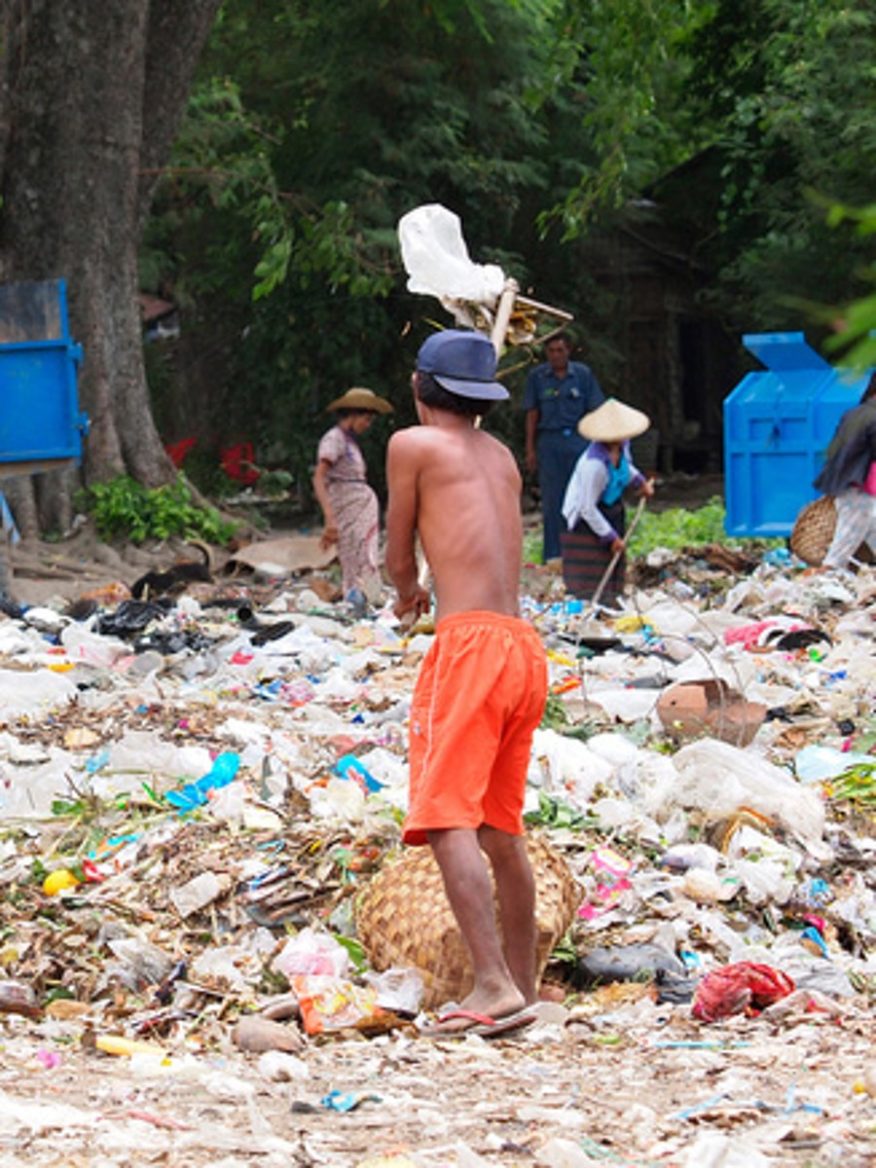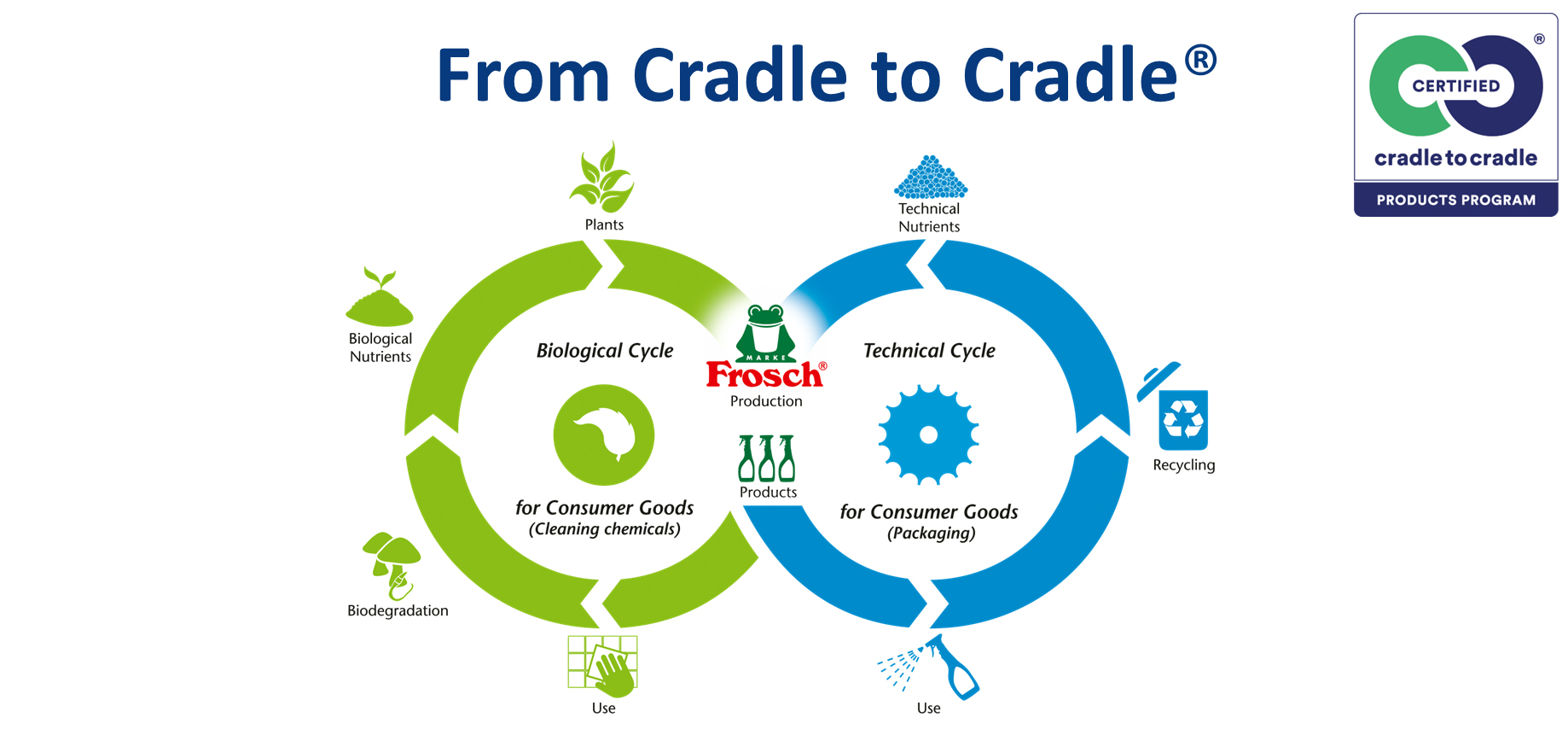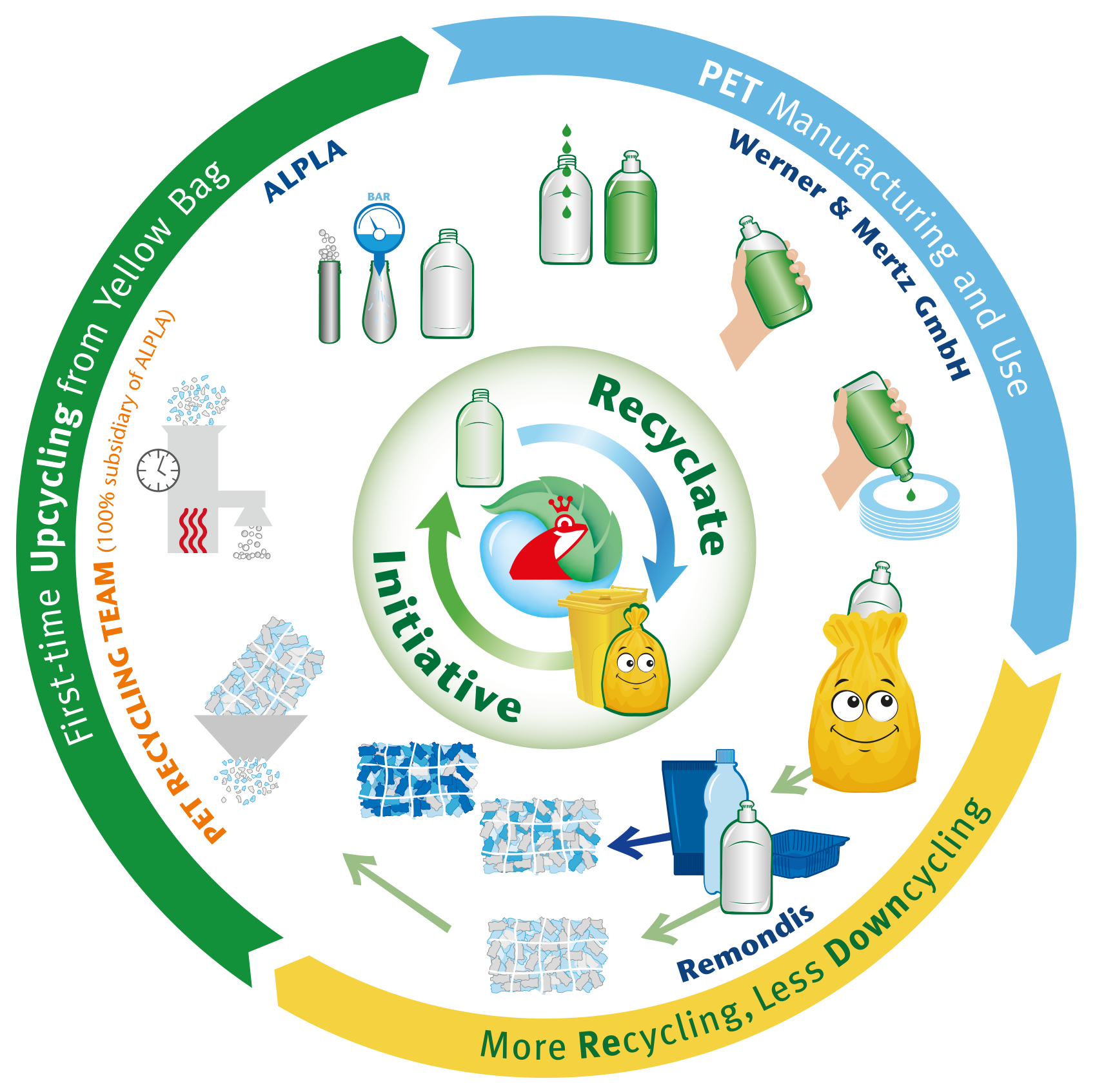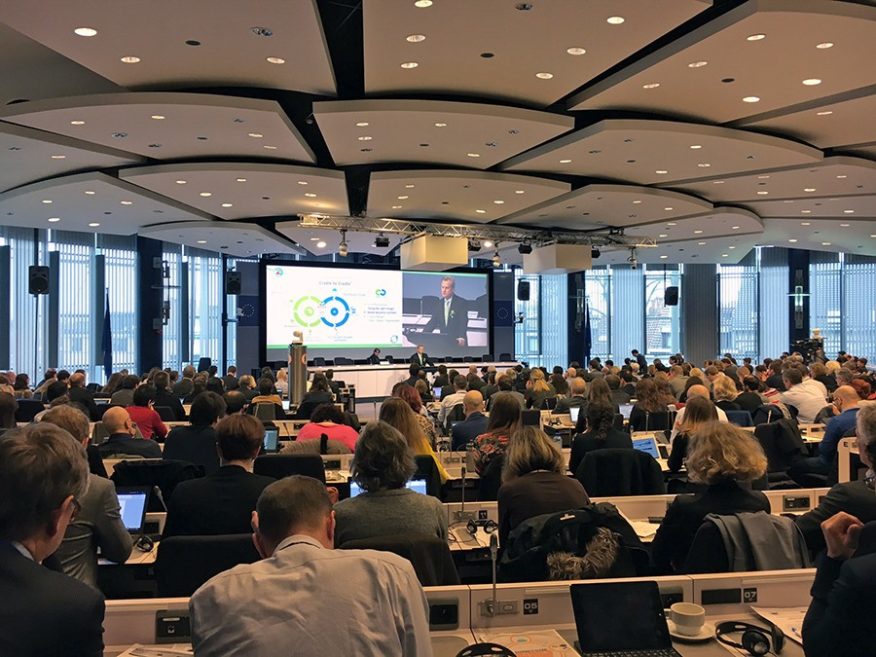

Save the world from the tide of trash
We have to stem the tide of trash that reaches the oceans year after year so that marine litter does not one day outweigh the fish. The United Nations Environment Programme (UNEP) says it is the global community’s responsibility to tackle this global issue by taking serious and effective measures. Although all interactions and effects have yet to be researched in detail, that should not be an excuse to avoid taking up the problem now and developing solutions which can bring about significant improvements at organizational, political and technical levels. (UNEP 2016)
The Recyclate Initiative from Werner & Mertz began working in 2012 on a solution involving genuine recycling of PET and other plastics from the Yellow Bag to conserve raw materials and reduce waste.
What works best and where?

About one-fifth of the marine debris is generated on the water by the shipping and fishing industries, aquaculture and other uses of the ocean. The litter is made up of transport packaging, old, lost nets, buoys and floats or cargo which has fallen overboard.
The major portion – four-fifths of the debris – comes from countries with access to the sea. Trashing the oceans is not always intentional. In random events, sandals or sand toys can be lost on the beach, plastic covers carried by the wind into the sea or plastic bags conveyed through ditches and rivers to the ocean.
Major damage occurs, however, as a result of gaps in the system, specifically in the collection systems for plastic waste and in the underdeveloped system of the global plastic economy. For example, 95 percent of the world’s plastic packaging becomes waste after it has served its usually very brief purpose.
The main solutions to the problem, and also the greatest challenges, include closing the gaps in waste collection and recycling and reorganizing the plastic economy into closed loops.
Optimize collection systems
All countries with access to the ocean contribute to polluting the waters, with five singled out as the major sources. China, Indonesia, the Philippines, Vietnam and Thailand are responsible for more than half of the six to eight million tons of plastic debris that makes its way into the ocean every year.
It would be highly effective, therefore, to take action here to stem the tide of trash. First, the enormous gaps in wastewater treatment, waste collection and recycling systems in those countries have to be closed. Significant improvements made in the collection and recycling of plastic there could reduce by half the amount of trash that enters the world’s oceans annually.

Design for Recycling
Many countries around the world have to improve waste collection, close the gaps in their systems and make their recycling programs environmentally friendly. These solutions, however, come at the end of the problem, that is, where plastic products and packaging have already fulfilled their purpose. In the long term it makes more sense to work at the source of the problem where products and packaging are designed. At that point manufacturers choose whether to use plastic or a mix of different materials and how much. All the considerations that go into product design determine how well a used product, e.g., a piece of packaging, can be recycled instead of simply thrown away. “Recycling“ is the process that we know as reuse in the natural world. No waste is generated there. When leaves fall to the forest floor in autumn, for example, they return nutrients to the soil which produce fresh green foliage in the spring in a never-ending cycle.
The circular economy promotes trash prevention
The global plastics industry must adopt recycling as part of a circular economy in order to spare the oceans from tons of trash. With the example of PET bottles, HDPE packaging, PP caps and more, We’re for Recyclates shows how such a circular economy can work. In material recycling a PET bottle will be made into another PET bottle, HDPE packaging into HDPE material again and PP recyclates into PP caps. Without the addition of new raw materials, this cycle can be kept going over a long period with lower energy expenditures. Plastic trash which is recycled does not end up as waste in landfills or in the world’s oceans.
PREVENT Waste Alliance
Initiated under the patronage of the German Development Minister Gerd Müller, the PREVENT Waste Alliance was launched in May 2019. It serves as a platform for exchange and international cooperation.
The PREVENT Waste Alliance wants to contribute to minimising waste, eliminating pollutants and maximising the reuse of resources in the economy worldwide.
Its members work together for waste prevention, collection, recycling and the increased uptake of secondary resources in low- and middle-income countries. Concrete guidelines are drafted in four working goups on subjects such as resource conservation, closing the cycles for packaging and improving general conditions, especially in emerging economies.
Upcycling

Positive impact with environmentally-friendly side effects
The circular economy prevents trash generation and brings about other positive side effects. In such an economy, plastic is not only an ideal material for all kinds of everyday use, but also a reusable material from which new plastic can be made. Did you know that petroleum is the major component in most plastic? This raw material is much too valuable to throw away or sink into the ocean. Moreover, the circular economy protects the climate as the manufacture, transport and distribution of recyclates requires less energy than the use of new raw material.
Recyclate Initiative shows: recycling works!

We for Recyclates is working toward genuine recycling with the Recyclate Initiative. Our efforts can succeed only when packaging from the Yellow Bag can be brought into a closed technical cycle. Recycling of PET, HDPE and PP has reached record levels with hundreds of millions bottles made from PET recyclates and packaging units from other recyclate plastics which have been brought to market. Success shows that recycling works!
Reinhard Schneider, winner of the German Environmental Award 2019 and founder of the Recyclate Initiative, regularly provides important stimulus, for example, in his appearances at the G7 summit in Berlin, at the World Economic Forum in Davos, at the Circular Economy Stakeholders Conference in Brussels and at the G20 Workshop on Resource Efficiency in Berlin. What may convince most people is that we do not demand or admonish, but instead we show that our way works! And so, we are sure that in the same way that the ocean is fed by many individual rivers, the joint global solution arises from lots of projects conducted in the spirit of the Recyclate Initiative.